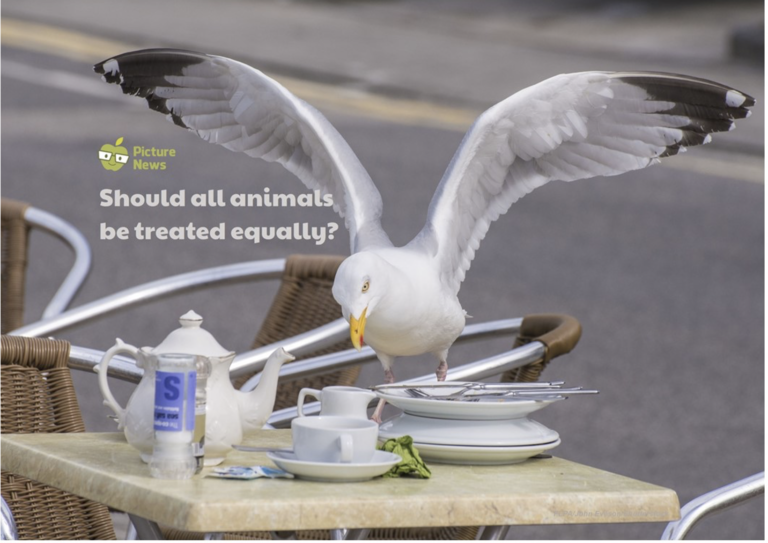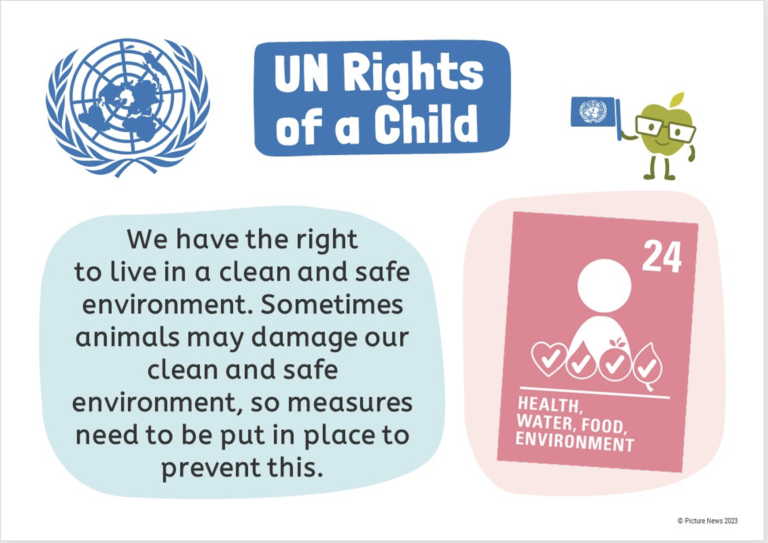
British Values at St Paul’s Catholic Primary School
The Department for Education states that there is a need “to create and enforce a clear and rigorous expectation on all schools to promote the fundamental British values of democracy, the rule of law, individual liberty and mutual respect and tolerance of those with different faiths and beliefs.”
The government set out its definition of British values in the 2011 ‘Prevent Strategy’ and these values were reiterated by the Prime Minister in 2014.
At St Paul’s Catholic Primary School, we aim to actively promote British values to ensure young people leave our school prepared for life in modern Britain by becoming a valued citizen in our ever-changing society. As an inclusive EMS school, we recognise the importance of celebrating difference and diversity across our whole school community.
Catholic social teaching promotes British Values and is central to Catholic education because British values have their origin in the Christian values of our nation.
The Virtues that we share as part of Bishop Hogarth Catholic Education Trust are; respect, responsibility, resilience, self-belief, compassion, confidence, justice and honesty. By being very clear to our children about the reasons that we act out these virtues we can promote British Values. Virtues build ethos and our ethos is what makes our school unique to us.
Our Mission Statement bears witness to the Gospel values of mutual respect, love, forgiveness, hope and the development of the gifts and abilities each of us has.
Our Vision Statement proclaims, ‘We educate the whole child.’ Therefore, we aim to support our children to have a full life in every sense of the word. Full as a person, as a learner, full spiritually, morally, socially and culturally. The values of the Gospel walk hand in hand with British values. Bringing with it solidarity, joy, truth, faith, hope, love, justice, peace and community with compassion, prayer and dignity.
British Values are taught across the curriculum. We aim to encourage pupils to:
Reflect on their own and others beliefs gaining an appreciation for other’s viewpoints.
Gain a sense of enjoyment in learning about themselves, others and the world around them.
Recognise the difference between right and wrong, consider the consequences of their behaviour, hence gaining an understanding of civil and criminal law in the United Kingdom.
Gain a knowledge of Britain’s democratic parliamentary system past to present, including how citizens can influence decision-making through a democratic process (Voting and Election)
Understand, accept, reflect and celebrate diversity, showing a tolerance towards others in local, national and global communities.
The key British Values are:
- Democracy
- Rule of law
- Individual liberty
- Mutual respect
- Tolerance of those of different faiths and beliefs
We have been using 'Picture News' in school for several years now to promote and teach British Values. Every week, we share the Picture News in classes, using the excellent online resources. The children - of all ages - engage really well with the images and the topics covered; the topics are always really current and relevant. The weekly big picture and key British Value is also displayed in each classroom.
Picture News enables us to deliver much of the work we do in school on British Values, and also helps us to support our children in considering the key issues of the day.




In addition:
to promote democracy we:
- ensure children are always listened to by adults and are taught to listen carefully and with concern to each other
- democratically elect members of the School Council, with each child voted on by their class
- have Mini-Vinnie, Faith in Action and Stewards of Creation groups who plan and organise many charitable activities to support the Common Good
- proactively seek the opinions of our pupils formally through pupil voice meetings, school council meetings and pupil questionnaires
- debate and discuss ideas with each other
- learn about how democracy works in our society
to promote the rule of law we:
- have a Behaviour Policy and a Home-School agreement which is consistently applied and expects all members of our school community to behave responsibly for the good of all
- teach and promote character virtues including, honesty, responsibility, respect and justice
- have three clear school rules; Ready, Respectful, Safe
- have sports leaders and playground leaders to promote fair-play
- teach pupils about the values and reasons behind laws and the consequences if they are broken; visits from authorities such as the Fire Brigade and Police reinforce this message
to promote individual liberty we:
- encourage pupils to make choices in our safe and supportive environment
- teach children ways in which they can keep themselves safe and encourage them to act with understanding and responsibility e.g. in PSHE lessons
- reflect on choices we make during liturgical prayer
- help children to understand their responsibilities towards others
- participation in our numerous extra-curricular activities; our children are given the freedom to make choices.
to promote mutual respect we:
- model positive relationships at all levels
- notice and praise positive behaviours and encourage children to recognise the positive behaviours of others
- facilitate opportunities for children to work collaboratively in a range of contexts.
- share responsibilities and roles in the day to day life of the school
- commit to charitable events
- visit local and national places of interest, being respectful of those we are with and those we are visiting
- take the opportunity to learn more from and about each other during residential visits
to promote tolerance we:
- educate children in the ways of other faiths and cultures through a broad curriculum
- educate children about prejudice and how this can be challenged through lessons and liturgical prayer
- deal swiftly and seriously with any acts of intolerance, challenging unacceptable behaviours and comments
- apply consistently our Equality Policy and have equality objectives agreed and monitored by governors
- celebrate cultural and seasonal events
- take part in local community events
- use world events within the curriculum to learn positively about the culture and life in other countries
- ensure our Catholic ethos makes a tangible difference to the way we work together and with our wider communities.